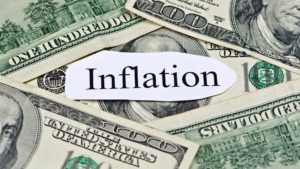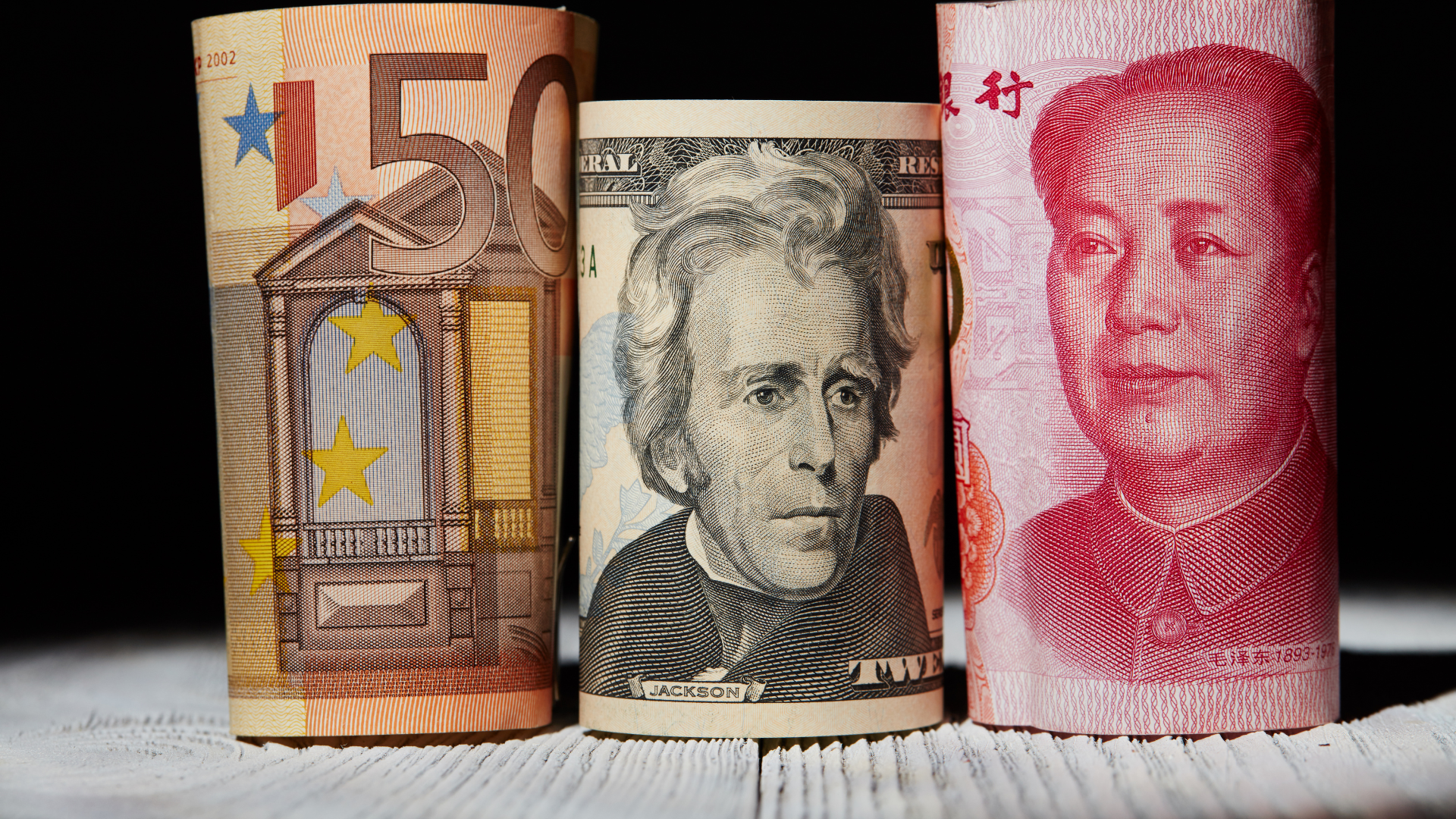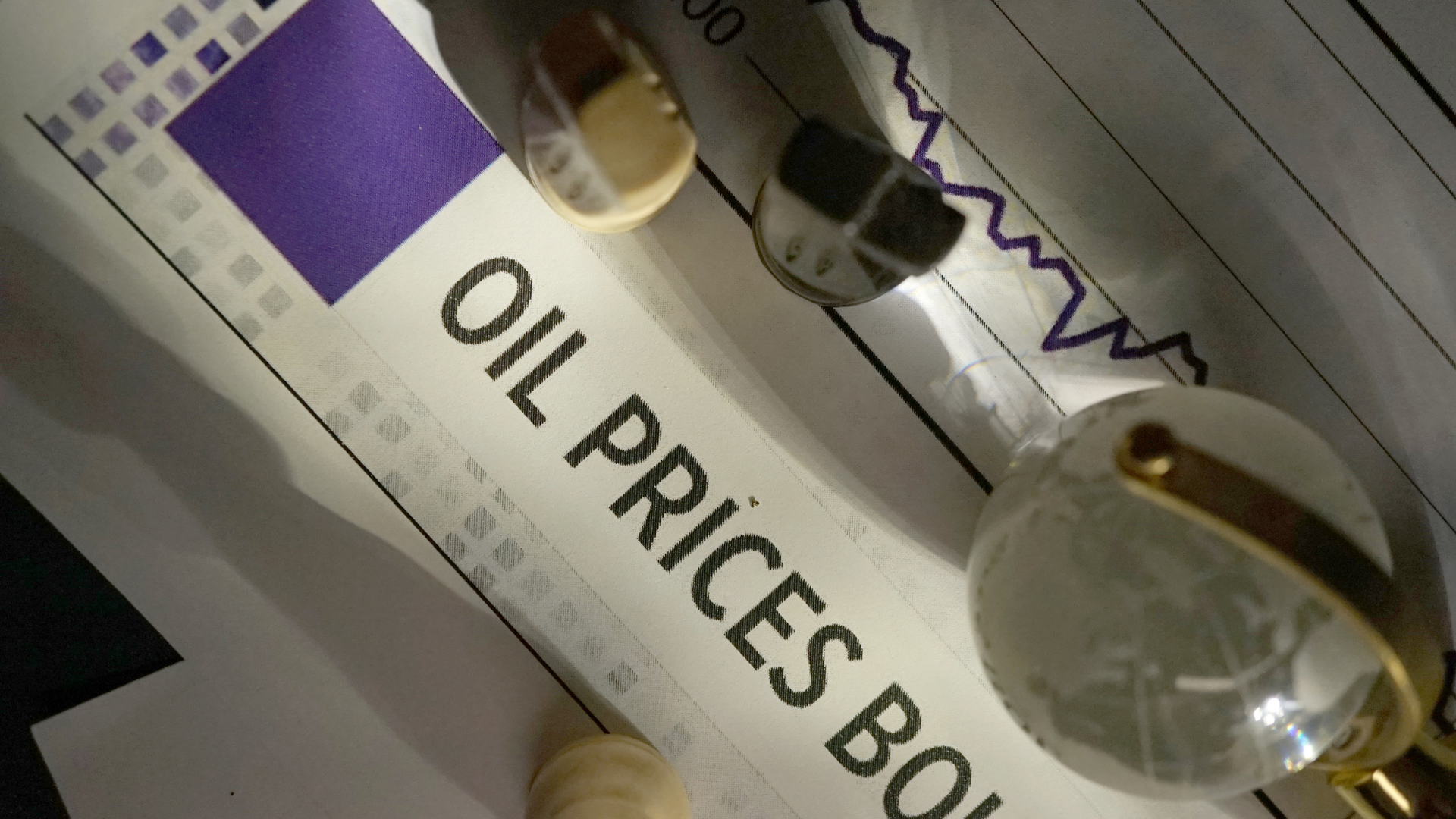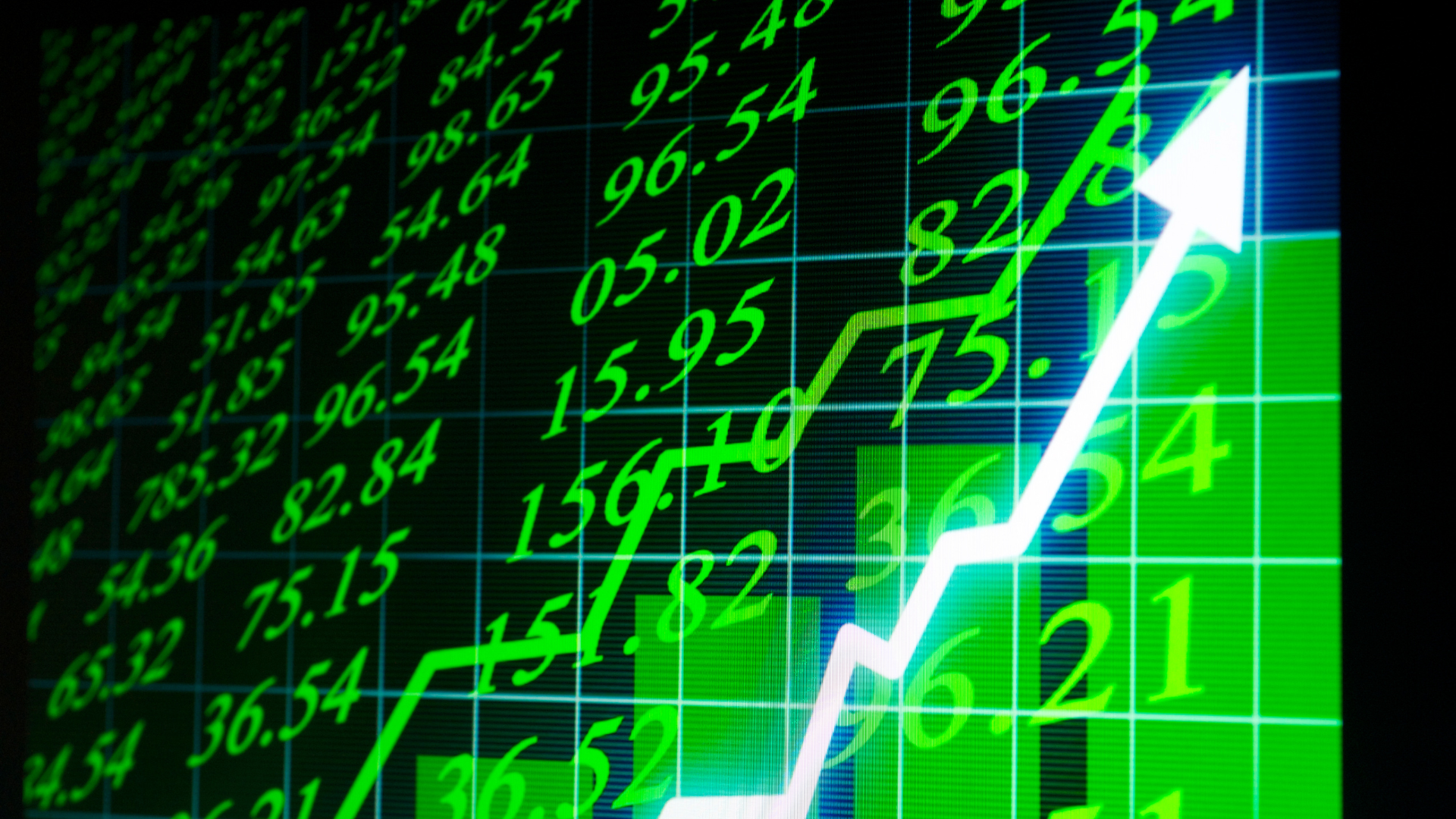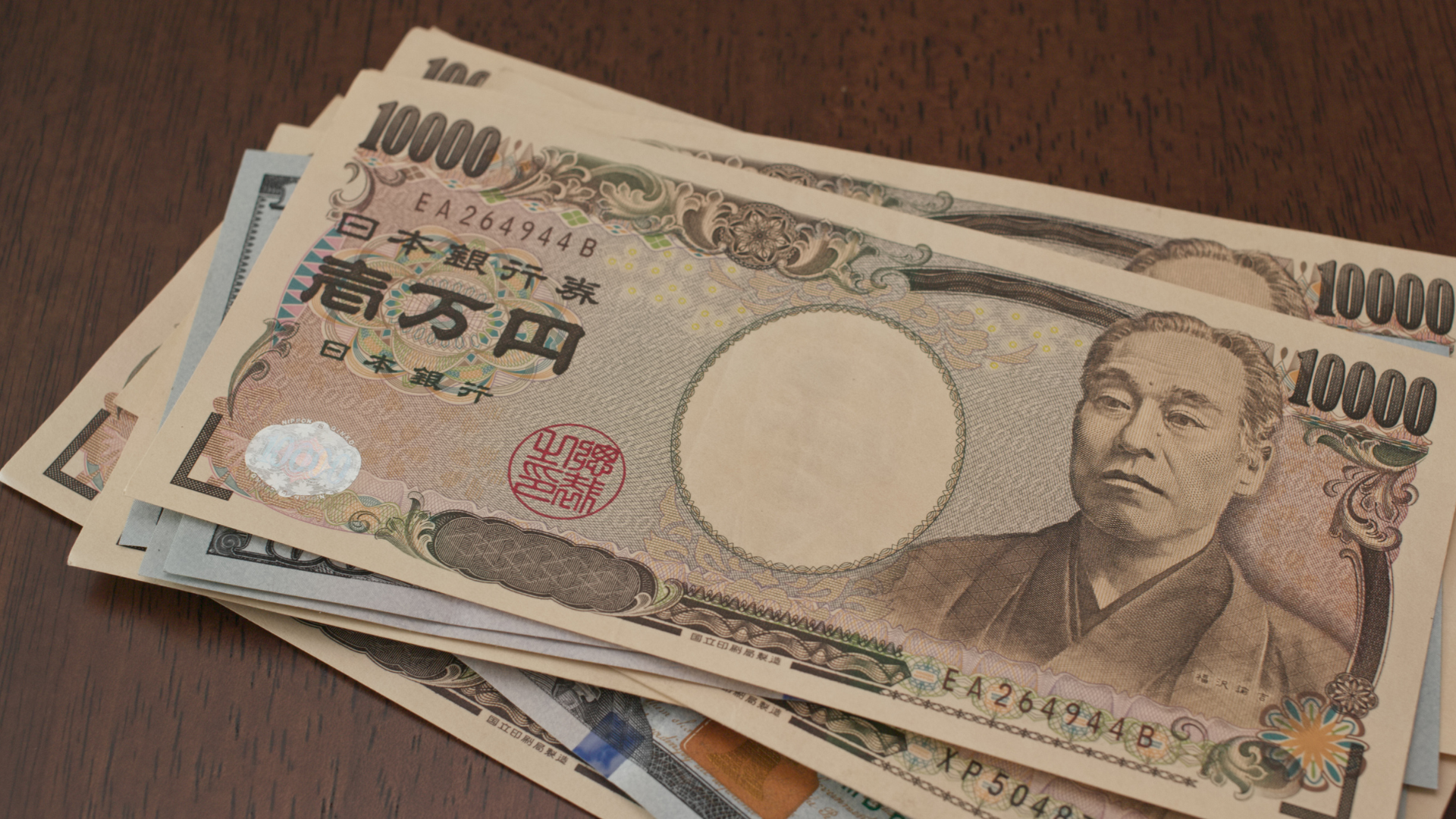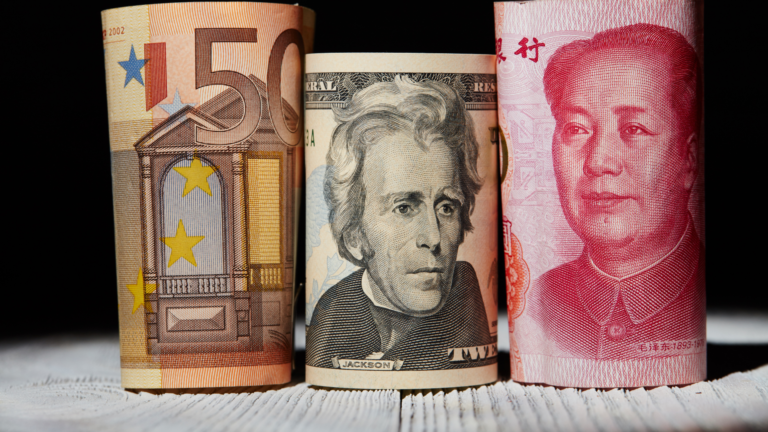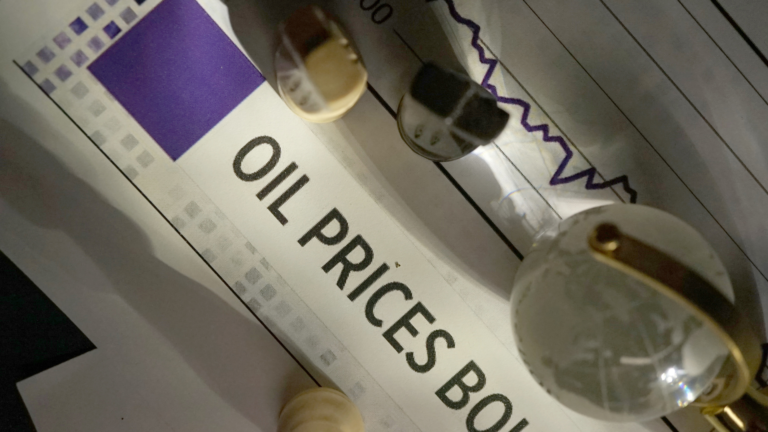Japan’s economy demonstrated unexpected strength as growth figures were revised upward, signaling a more resilient recovery. Revised GDP data showed the economy expanding at an annualized rate of 4.8%, up from the previously reported 4.6%, driven by robust business investments and steady consumer spending. This development underscores the economy’s adaptability despite challenges like global inflation and waning external demand.
Analysts believe the stronger growth could influence the Bank of Japan’s (BOJ) decision-making process regarding monetary policy. While BOJ Governor Kazuo Ueda has maintained an ultra-loose stance, the resilience in GDP adds pressure to consider the timing of a rate hike as inflation trends align closer to the 2% target. Financial markets are now speculating whether the BOJ could pivot sooner than anticipated.
However, headwinds remain, with declining export demand from key markets like China and volatile energy prices casting a shadow over economic prospects. Despite the positive GDP revisions, concerns over external trade and geopolitical uncertainties persist, which could temper optimism around sustained growth. Policymakers may tread cautiously to avoid disrupting the fragile recovery.
The BOJ’s policy decisions in the coming months will likely hinge on inflation data and consumer sentiment. For now, Japan’s economic momentum signals a stronger foundation than previously thought, but global uncertainties remain a significant risk factor. Markets will closely monitor the BOJ’s next move, which could set the tone for broader financial trends in Asia.







